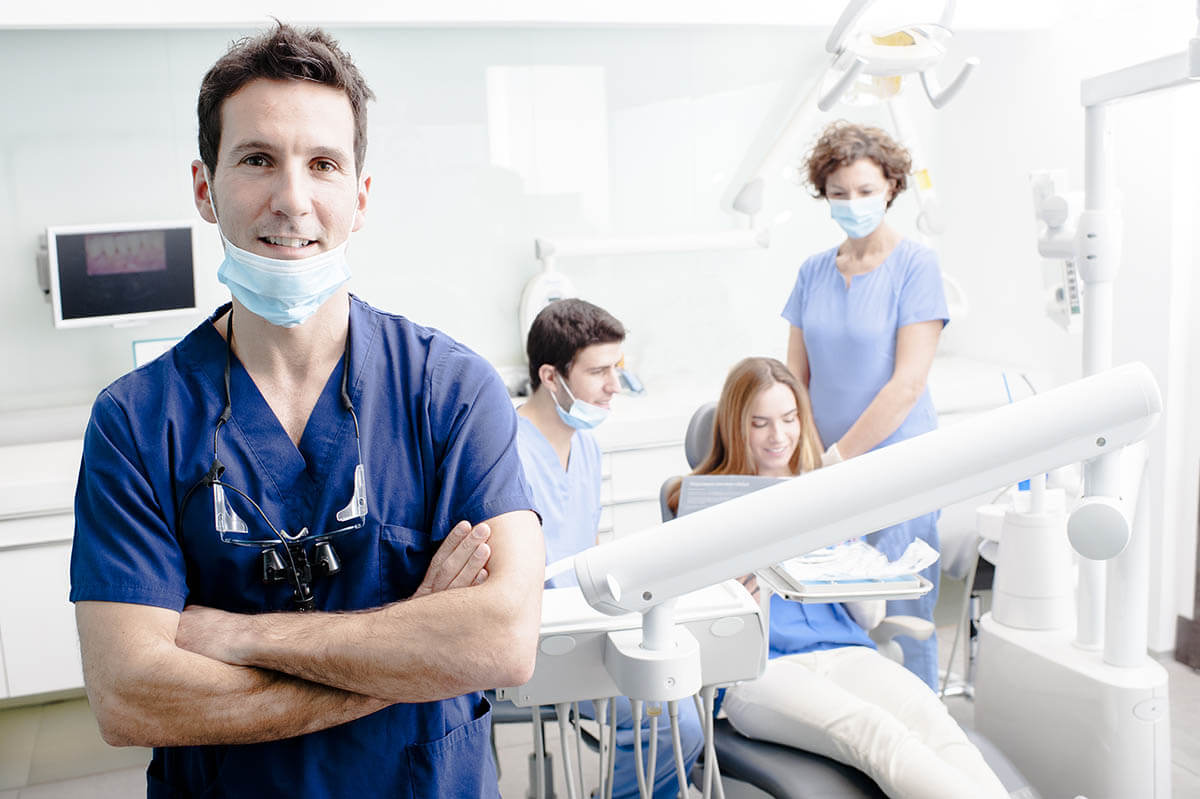If you have a bad breath, you should be getting a regular dental checkup as soon as possible. Poor oral hygiene can lead to gum disease, chronic bad breath, and even systemic diseases. Your Dental Eugene Oregon can give you tips on how to get rid of these problems. By getting regular checkups, you can fight bacteria and keep your teeth and gums healthy. It also can prevent you from suffering from tooth decay, oral cancer, or chronic bad breath.
Prevention of tooth decay
To avoid tooth decay, you should drink fluoridated water and visit your dentist on a regular basis. Fluoridated water also contains a mineral called fluoride. A proper diet is another important part of tooth decay prevention. You should limit your intake of acidic foods and drink only water that is fluoridated. You can also use dental sealants that are thin plastic coatings that are painted on teeth’s chewing surfaces.

A dentist can also apply fluoride to your teeth to strengthen the enamel. Fluoride is a mineral found in toothpaste that strengthens tooth enamel and makes it more resistant to tooth decay. Make sure to check your toothpaste for fluoride content before buying it. Some dental teams will even prescribe higher-fluoride toothpaste. After you’ve had a fluoride treatment, you should make sure you brush your teeth with a toothpaste with fluoride to help prevent cavities and other dental problems.
Prevention of gum disease
Routine dental checkups and cleanings are an essential part of oral health. Regular checkups by a dentist can catch early signs of gum disease, such as a red, swollen, or tender gum. Your dentist can also detect early signs of periodontal disease, which is also known as gingivitis. Luckily, early signs of gingivitis are treatable.
Early stages of gum disease are called gingivitis and involve inflammation of the gums. If the problem is treated in time, it won’t progress to periodontitis. However, without prompt treatment, this condition can lead to pockets that collect plaque and debris. Once infected, these pockets can deepen and start destroying bone that supports teeth. With time, the pockets deepen and eventually result in loose teeth and a weakened jaw.
Prevention of oral cancer
Increasing the frequency of dental checkups is associated with an earlier diagnosis of oral and pharyngeal cancer. These two types of cancer are associated with increased morbidity and mortality. In the United States, public health efforts to increase dental awareness and coverage may play an important role in promoting early detection of oral cancer. Ultimately, improving oral health and preventing oral cancer is important for a healthy life.
The best way to prevent oral cancer is to avoid tobacco products, drink alcohol in moderation, limit sun exposure, and wear sunscreen or UV-A/B-blocking lotion. Having regular dental checkups is the best way to detect changes in your mouth. Early detection increases the chance of successful treatment. In addition to regular dental checkups, healthy eating habits, exercise, and regular screenings can help prevent oral cancer and lower your risk of developing it.
Prevention of chronic bad breath
For those of you with a chronic case of bad breath, regular dental checkups can help you prevent the condition. Your dentist can identify underlying issues that may be contributing to your persistent odor, as well as help you prevent further complications. A regular dental checkup will detect any problems such as gum disease or dry mouth. Besides regular brushing and flossing, a healthy diet can improve the flow of saliva in the mouth. Sugar-free gum and healthy snacks can also stimulate saliva production.
In addition to regular brushing and flossing, a dentist will check for any problems with your gums, tongue, and teeth. In case of gum disease, they may recommend a sugar-free gum that will promote saliva production and keep the mouth moist. A sugar-free gum, which contains xylitol, is best for chronic bad breath. Hard fruits are also good for your breath because they remove food particles from the mouth.





